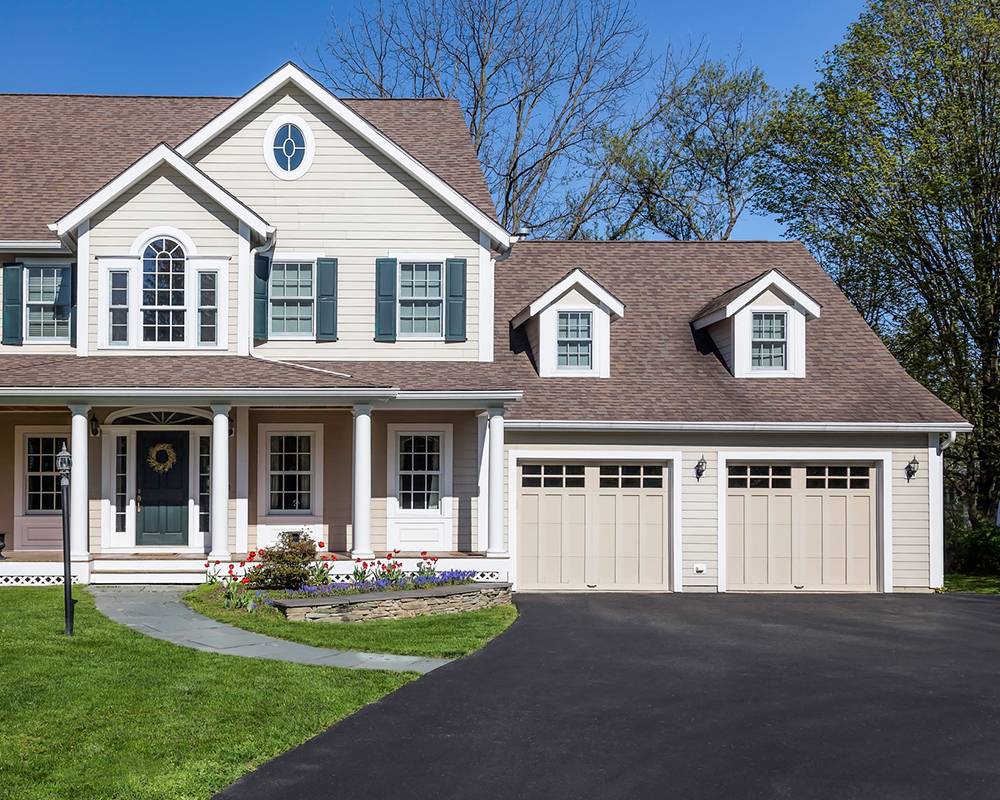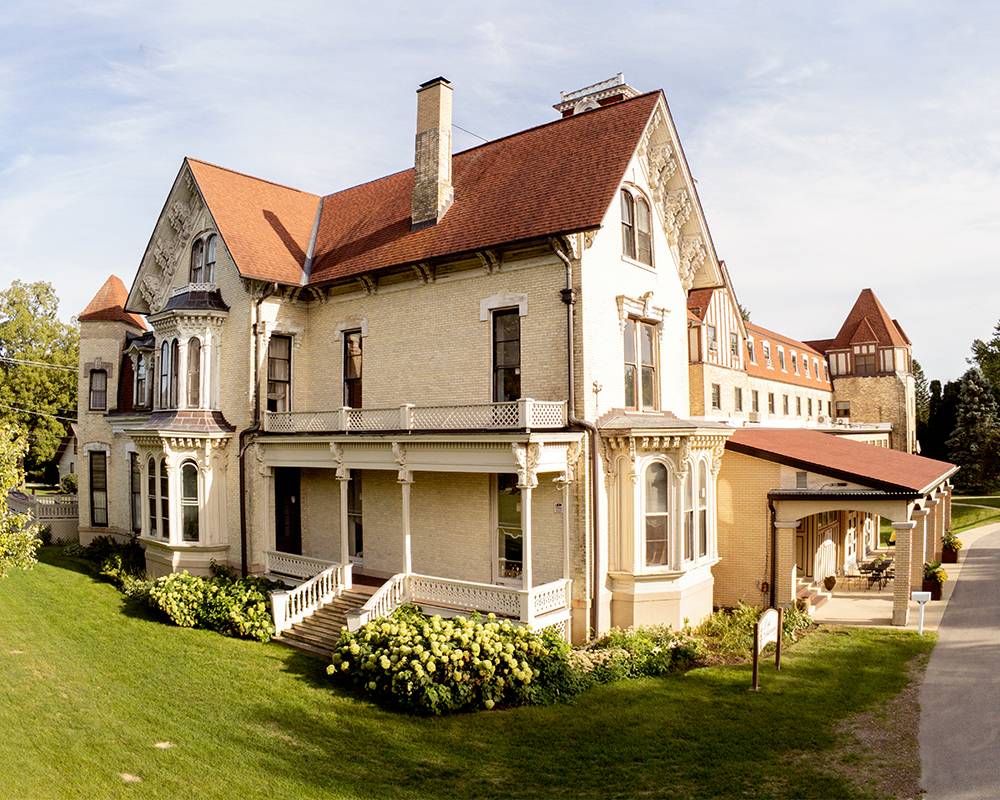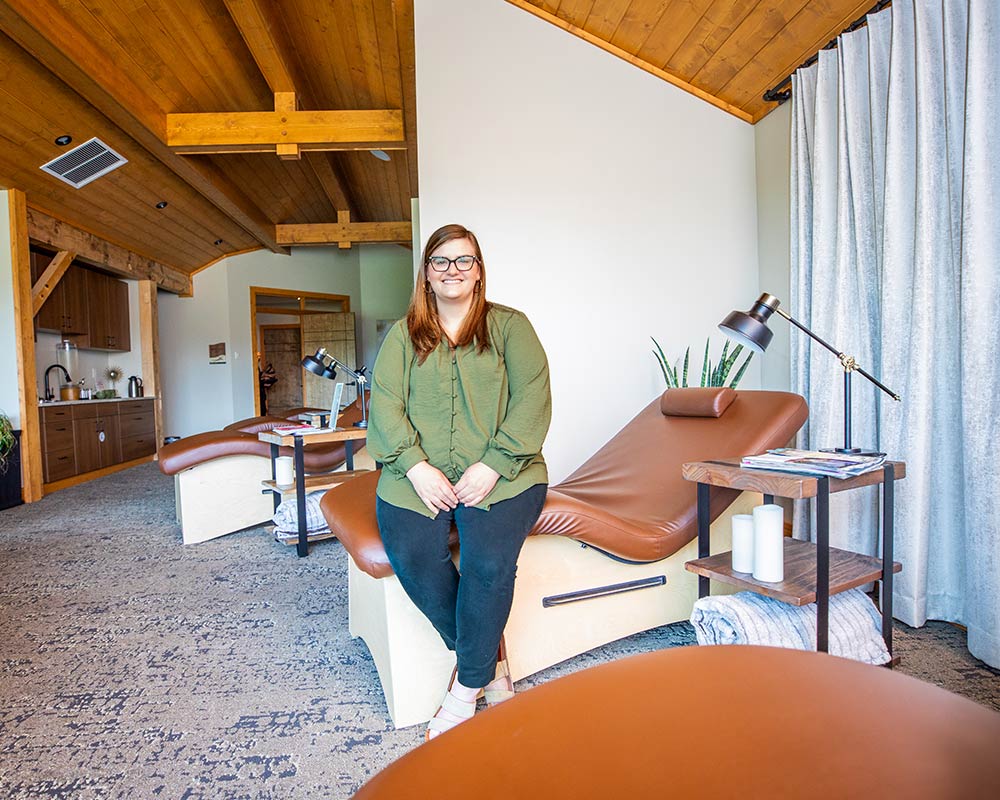Syed Ahmed has taken to introducing himself as a nephrologist kidney doctor because, although redundant, without the “kidney” clarification, most people wouldn’t have a clue what he does.
It’s also why the interventional nephrologist at Rockford Nephrology Associates in Sycamore spends nearly half his time educating others about chronic kidney disease, dialysis and staving off future problems.
“Your kidney does two things in your body: one, it cleans the toxic waste in your body, and two, it pumps out extra fluids,” Ahmed says. “That’s what dialysis will do when your kidney has failed.”
Most patients see Ahmed because they have chronic kidney disease (CKD), often caused by diabetes or hypertension, he says. A failing kidney can lead to additional health problems.
Often, the only way to tell if a person has CKD is to look at their glomerular filtration rate (GFR), which measures how well kidneys filter the blood, Ahmed says, adding that a normal GFR is 90 to 120. A sudden drop in GFR or the appearance of symptoms indicates trouble.
“People need to start seeing kidney doctors once their GFR is less than 60, because that is the window, the period of time we have, when we can prolong kidney function and delay dialysis,” Ahmed says.
Once patients start to have symptoms such as swelling, nausea or vomiting, their GFR is usually at 15%, Ahmed says. And by then, it’s time for dialysis.
With dialysis, blood is pumped out of a patient into a machine that cleans the blood and takes out excess fluids before returning it to the body. This process takes place at a dialysis center like Rockford Nephrology. Depending on the circumstances, patients may also be able to do dialysis at home.
GFR is included in normal labs, so regular checkups with your primary doctor can go a long way in preventing CKD.
“This is a silent killer, and it does not give you any symptoms until it’s time for dialysis,” Syed says. ❚
Rockford Nephrology Associates is located at 2127 Midlands Court, Ste. 102, Sycamore, (815) 227-8300.















